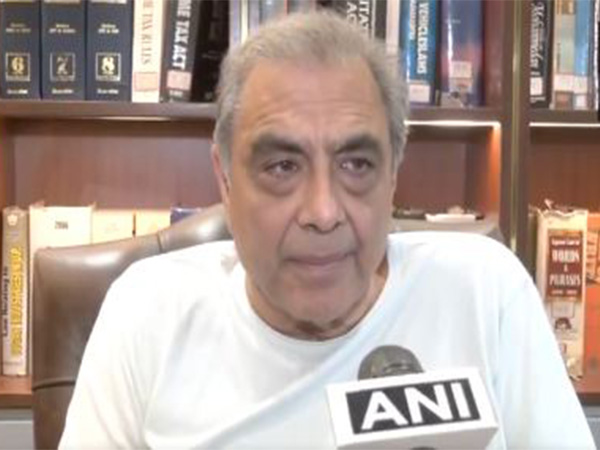Supreme Court's Denial Clears Path for Extradition in Mumbai Attack Case
The U.S. Supreme Court's rejection of Tahawwur Hussain Rana's petition paves the way for his extradition to India, marking a significant diplomatic success. Massachusetts Jethmalani applauds the decision, highlighting Rana's role in financing the 2008 Mumbai terror attacks and his links with David Coleman Headley.

- Country:
- India
In a landmark ruling, the United States Supreme Court has denied the petition of Tahawwur Hussain Rana, a Pakistani-origin businessman convicted for his involvement in the 2008 Mumbai terror attacks, facilitating his extradition to India. Senior Advocate Mahesh Jethmalani hailed the decision as a 'big diplomatic victory' for India.
Jethmalani emphasized that Rana's appeals against extradition have consistently been dismissed from the trial courts up to the Supreme Court. He praised the legal teams from both the Indian and American sides for their efforts in achieving this outcome. Evidence against Rana includes links with co-conspirator David Coleman Headley, underscoring his significant role in financing terror activities.
Defense lawyer Ejaz Naqvi also highlighted Rana's alleged financial and covert support to Headley, revealing their long-standing relationship from the National Defence Academy in Pakistan. The extradition is crucial in exposing the extent of off-shore conspiracies related to the 26/11 attacks, with Rana's involvement in funding logistic support activities.
(With inputs from agencies.)
ALSO READ
Managing Jasprit Bumrah: The Key to India's Cricketing Success
Revolutionizing Satcom: Rangsons Aerospace and Oversat Take Bold Steps at Aero India 2025
Women and Youth on the Rise in India's Stock Market Scene
Egypt's Foreign Minister's Diplomatic Visit to India: Strengthening Historical Ties
Sam Altman Champions India's Role in the Global AI Revolution










